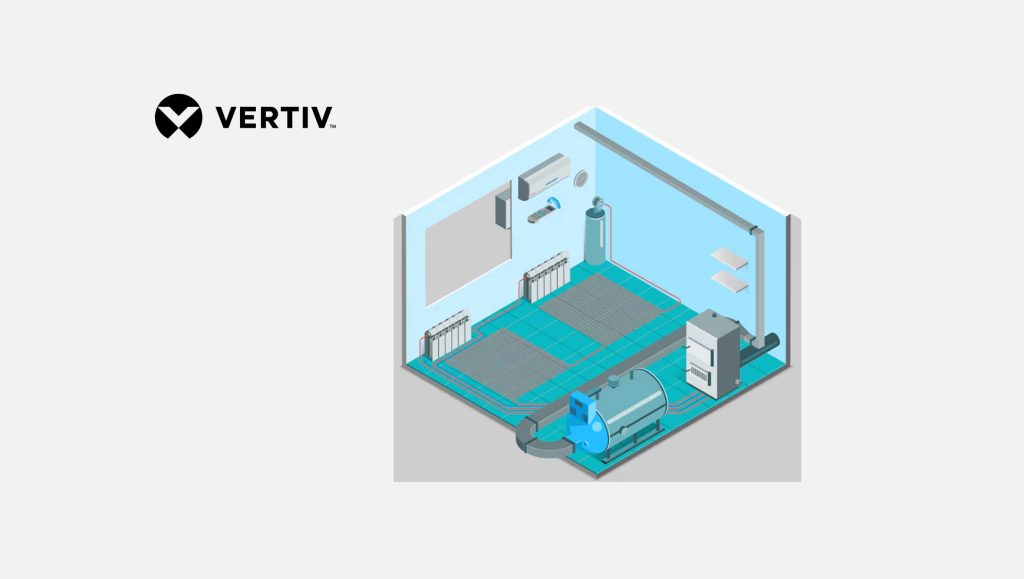
-
Zapp’s core philosophy is to make its vehicles ‘easy to buy and easy to own’
-
Zapp’s drop-ship-direct-to-customer (DSDTC) platform removes the traditional dealership approach to offer customers more control and choice over how they buy their Zapp vehicle
-
Zapp’s agile manufacturing model is designed so that only ordered bikes are built and delivered, as part of its ‘demand-pull’ strategy rather than the ‘wholesale push’ model, to minimize environmental impact
-
Media assets can be found here
Zapp Electric Vehicles Limited, a UK-based high-performance two-wheel electric vehicle company, announced details of its innovative and unique drop-ship-direct-to-customer (“DSDTC”) sales model which offers convenience, flexibility and transparency for all customers.
The platform is designed to ensure Zapp vehicles are ‘easy to buy, easy to own’, from the point of configurating and ordering a vehicle, through the entire duration of ownership. True to this mantra, Zapp’s omnichannel approach offers customers the choice of building and ordering their i300 electric performance city bike online or from one of Zapp’s authorised resellers.
Zapp plans to have a network of both online and physical boutique-style authorised resellers, in addition to its existing online configurator and sales platform on the Zapp website.
Read More: Using Value Selling to Stay Afloat in Turbulent Economic Waters
At any one of the global network of boutiques, customers can test ride the i300 as well as be aided through the configuration process by trained sales staff. Customers can also configure their bike and pay a deposit online if they prefer. The process is focused on making it simple and enjoyable for the customer.
Zapp’s agile manufacturing model means each i300 is built to order and delivered to customers in a ‘demand pull’ model rather than a ‘wholesale push’ model, which means authorised resellers do not hold stock from Zapp; rather they serve customer demand, offer advice and guidance, and provide test rides. Both the boutique-style authorised resellers and online authorised resellers will be paid a commission by Zapp after the customer receives their bike.
The demand-pull strategy ensures that only bikes that have been ordered are built, reducing materials and energy wastage, which is a key part of Zapp’s commitment to Gen-2 sustainability.
David McIntyre, Chief Commercial Officer at Zapp, said: “Zapp’s sales model has been devised every step of the way to make its vehicles both easy to buy and easy to own. We’re proud to offer a high level of customer convenience, from the point of configuration and purchase all the way through their ownership of the vehicle. Our agile manufacturing model means we can fulfil customer orders quickly and efficiently, which reduces financially wasteful and environmentally harmful wholesale stock build-up.”
Crucially, no matter how the customer opts to select their bike, it is ordered through Zapp’s global sales platform. Zapp implements a global pricing strategy, which offers customers assurance that they are getting the price offered on Zapp’s website. Customers can thereafter avoid having to deal with pushy salespeople or haggling, which many find off-putting in the traditional dealership-based automotive retail model.
Read More: SalesTechStar Interview with Tim Mann, Director of Sales at Blueboard
As part of Zapp’s DSDTC model, the i300 will be delivered to an address of the customer’s choice, wherever is most convenient to them. The bike will be delivered in a “Zapper van” and handed to them by a trained “Zapper” technician, who will provide a full handover of the bike. To increase customer convenience, any ongoing regular servicing of the i300 will also be performed on-site at a location of the customer’s choice – whether at home or an office, or somewhere else – by a Zapper in a Zapper van. Each Zapper van will be equipped with a full toolkit and spare parts inventory.
Zapp’s DSDTC sales model is being rolled out for Zapp’s debut product, the i300 – an electric city bike that combines the convenience and agility of a step-through form factor with a high-powered electric motor for performance motorcycle levels of acceleration. This customer-first sales model will underpin each future product released by Zapp.
Proposed Business Combination
On November 22, 2022, Zapp and CIIG Capital Partners II, Inc., a U.S. publicly-listed blank check company, announced that they have entered into a definitive merger agreement (the “Merger Agreement”). Upon closing of the transaction contemplated by the Merger Agreement (the “Business Combination”), the combined company, Zapp Electric Vehicles Group Limited (“Pubco”), a Cayman Islands exempted company, is expected to list its ordinary shares on the Nasdaq under the ticker symbol “ZAPP”. The Business Combination is expected to close in the first half of 2023, subject to stockholder approvals and other customary closing conditions.






















